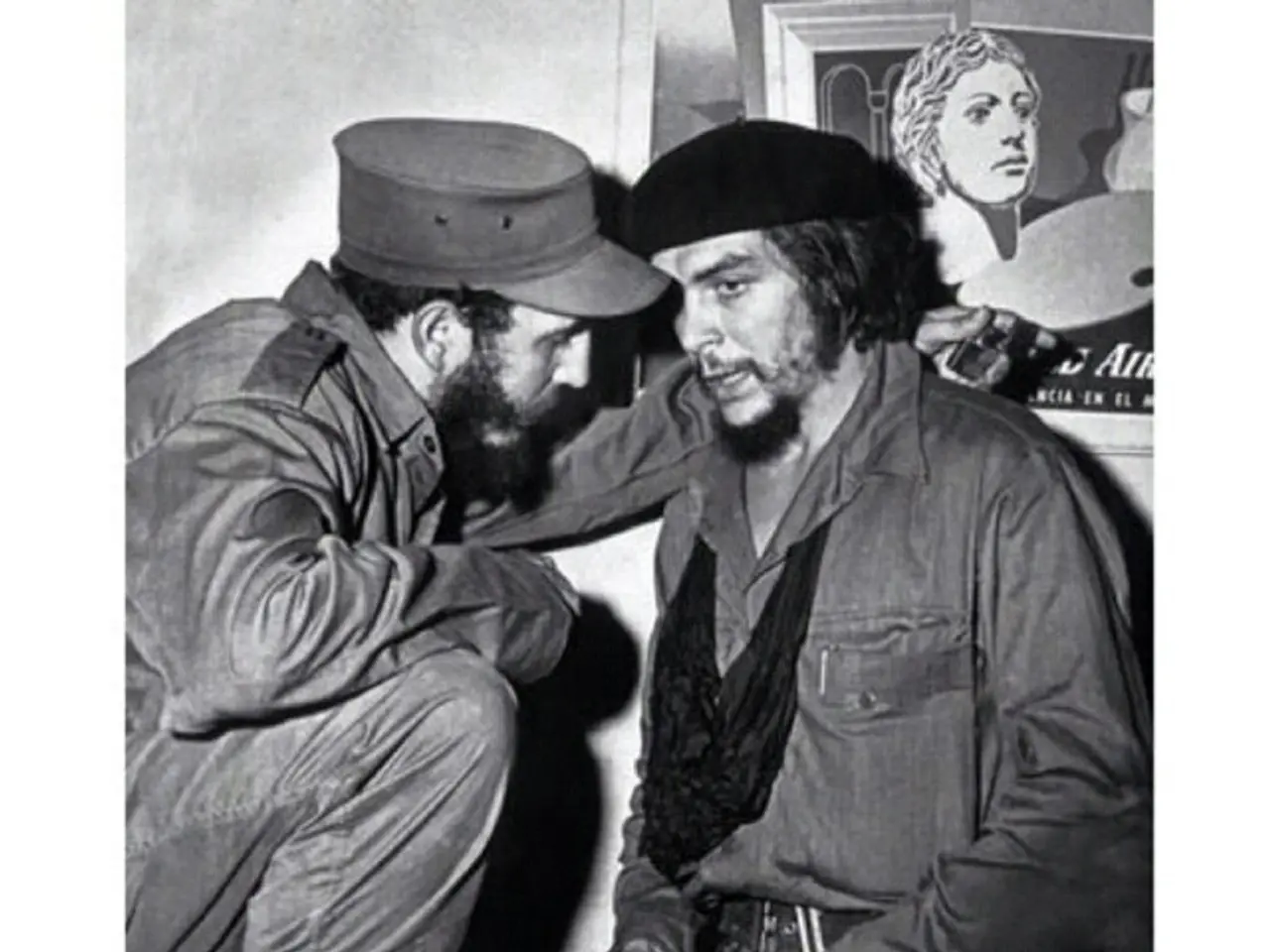Netanyahu's governing ally in Israel withdraws support
In a political shake-up, Israel's ruling coalition, led by Prime Minister Benjamin Netanyahu, finds itself in a precarious position following the resignation of the ultra-Orthodox party United Torah Judaism (UTJ). The departure of UTJ has left Netanyahu's government with a razor-thin majority of 61 seats in the 120-seat Knesset, making governance challenging.
The cause of UTJ's exit was a dispute over military conscription exemptions for ultra-Orthodox men. The party demanded formal legislation to exempt its constituents, primarily religious students, from compulsory military service, a demand that the government failed to meet. The Supreme Court ruled in June 2024 that there is no legal basis for such exemptions, ordering that ultra-Orthodox men be conscripted like other citizens.
The second major ultra-Orthodox party, Shas, which holds 11 seats, has not officially left the coalition but is reportedly considering quitting. If Shas were to withdraw, Netanyahu’s coalition would lose its majority in the Knesset, significantly threatening the government's stability and potentially triggering Israel’s sixth election in just over five years.
The political pressure and coalition instability have been compounded by Netanyahu's need to manage ceasefire negotiations with Hamas amid ongoing conflict in Gaza. Despite these challenges, Netanyahu has some breathing room as the Knesset is scheduled for a summer recess at the end of July, giving him approximately three months to attempt crisis management.
Potential outcomes of this dispute include coalition collapse and snap elections if Shas also quits and Netanyahu fails to secure a new majority. Another possibility is legislation passing to formalize military exemption for ultra-Orthodox men, which could stabilize the coalition but remains controversial among secular Israelis. The crisis could also result in continued political fragility with a tenuous majority, complicating governance, especially during the sensitive period of Gaza war ceasefire talks.
It is important to note that not all ultra-Orthodox Jews oppose military service. Some ultra-Orthodox men volunteer to serve in the military, and ultra-religious women are only recruited on a voluntary basis in Israel. However, many ultra-Orthodox Jews perceive military service as a threat to their religious lifestyle due to the co-ed nature of the military.
If there is no agreement, the coalition could try to remain in power as a minority government. The army has warned of a severe shortage of combat soldiers due to the long war against the Islamist Hamas in the Gaza Strip. If there is an acceptable compromise on a draft bill, the ultra-Orthodox parties could rejoin the government coalition.
In summary, the coalition is currently fragile after UTJ’s resignation over the conscription bill, with Shas's possible exit looming, raising the real possibility of early elections unless a political compromise is reached soon. The upcoming summer recess of parliament may provide Netanyahu with a chance to resolve the crisis with the ultra-Orthodox parties.
The political crisis in Israel, stemming from the ultra-Orthodox party United Torah Judaision's (UTJ) exit over military conscription exemptions and the potential withdrawal of Shas, has led to a precarious position for Prime Minister Benjamin Netanyahu's government. War-and-conflicts and policy-and-legislation intersect as the government faces pressure to pass legislation formalizing military exemptions for ultra-Orthodox men, a move that could stabilize the coalition but remains controversial. The ongoing dispute, coupled with the fragile coalition and Netanyahu's need to manage ceasefire negotiations with Hamas, highlights the complex dynamics of politics in Israel and the general news implications of the current situation.




